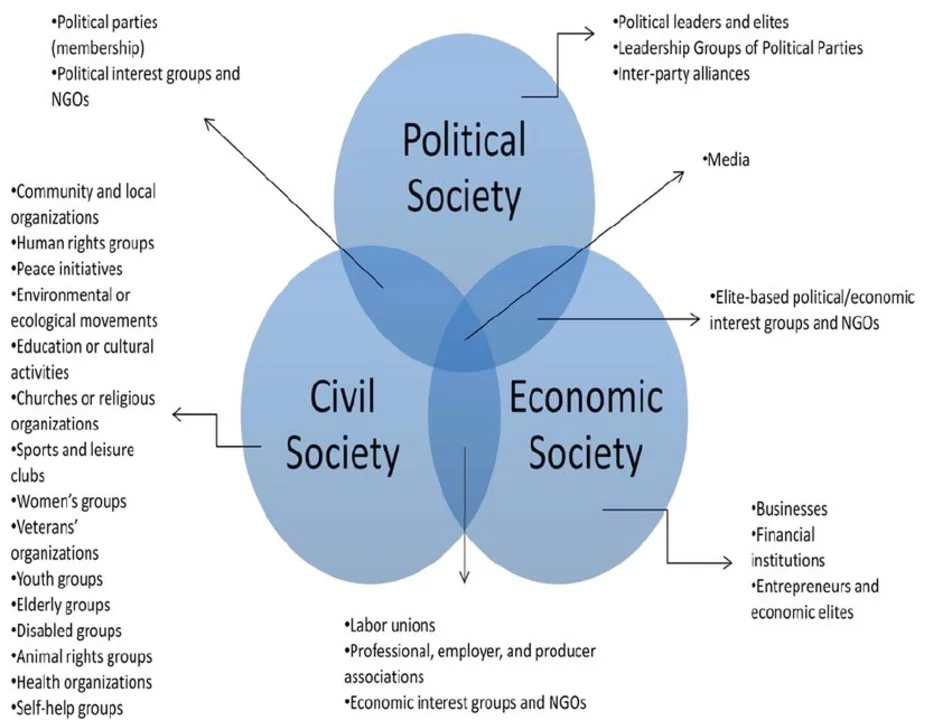Social cohesion: practical ways to keep communities connected
Communities break down when people stop trusting each other. Social cohesion is simply the glue that keeps neighbors, co-workers, students, and local groups working together. If you want a safer, fairer, and friendlier place, focus on trust, shared purpose, and fair rules — not slogans.
Social cohesion looks different in a small town than in a big city, but the same basic things matter: people feel respected, they have chances to participate, and they believe institutions treat them fairly. When those three things are missing, frustration grows and connections fray. That’s when petty problems turn into bigger conflicts.
Everyday actions that actually build cohesion
Start small. Say hello to your neighbor, volunteer at a local school, or join a community clean-up. Small acts create repeated positive contact, and repeated contact builds trust. Organize events that bring different groups together — a shared meal, a community project, or a skills swap. Real mixing beats one-off PR events.
Design spaces where people meet naturally. Parks, community centers, and mixed-use streets invite casual encounters. When design supports chance meetings, stereotypes break down and people start to see each other as individuals instead of labels.
Make participation easy. Offer flexible meeting times, child care, and clear simple ways to join. If participation feels exclusive or time-consuming, only a small group will take part and cohesion won’t grow. Small barriers have big effects.
Policies and leadership that matter
Leaders set the tone. Fair enforcement of rules and transparent decision-making create legitimacy. When leaders listen and act visibly on community concerns, people trust the system more. That trust lowers tension and makes cooperation easier.
Invest in education and shared projects that teach collaboration. School programs that mix students from different backgrounds, after-school activities that teach teamwork, and community apprenticeships all help build shared identity and mutual respect.
Address inequality directly. Social cohesion weakens when gaps in income, access, or services are large. Targeted support for job training, affordable housing, and fair public services reduces resentment and opens real pathways to participation.
Measure what matters. Track feelings of trust, willingness to help neighbors, and participation rates. Numbers alone don’t tell the whole story, but they highlight where work is needed and whether policies are working.
Social cohesion is not a quick fix. It grows from repeated positive interactions, practical policies, and leaders who act fairly. Focus on trust, inclusion, and easy ways to participate — and you’ll see a stronger, more connected community over time.
